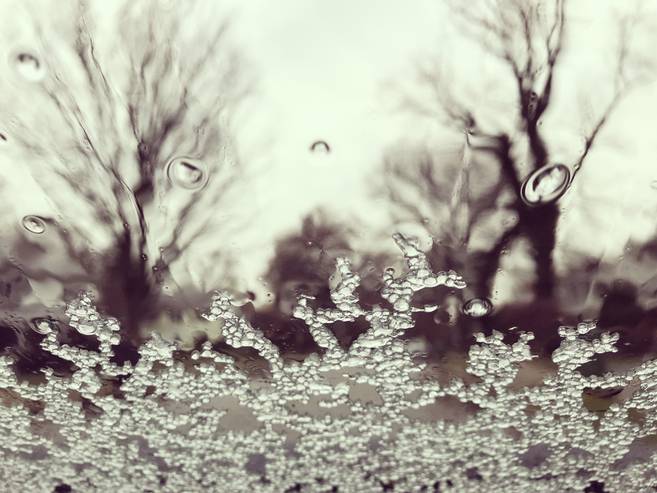
Freezing temperatures and isolated snow showers around Maryland has Baltimore-area officials issuing the first Code Blue Extreme Cold alert of the season.
Snow fell in parts of Maryland Tuesday and temperatures were expected to hit a low around 26 degrees by nightfall.
But the “dangerously” cold temperatures expected to get down to single digits early Wednesday in Baltimore caused the city’s acting health commissioner, Mary Beth Haller, to issue a Code Blue alert in effect for the entirety of the morning. Howard County also issued a Code Blue.
RADAR UPDATE: Keeping an eye on this patch of light snow associated with some upper level energy swinging across our area this evening for some light flurries or brief snow showers north & west of Baltimore. No accumulations are expected. #mdwx pic.twitter.com/XHzTrAf0Y2
— Derek Beasley (@DerekBeasleyWX) November 28, 2023
“Extreme low temperatures can be life-threatening, especially for our most vulnerable populations. Please be safe during the morning commute, check on neighbors who you think may be at risk to ensure that they have heat and power, and take care to shelter pets appropriately,” Haller said in a release.
When temperatures, including wind chill, are expected to be 13 degrees or lower, the conditions are severe enough to present a substantial threat to the life and the health of “vulnerable” Baltimore residents, Haller added.
In 2022, the state Office of the Chief Medical Examiner reported 19 cold-related deaths in Baltimore City.
This wintry season, the Mayor’s Office of Homeless Services will offer emergency shelter to individual adults, couples and families as part of the city’s Winter Shelter Plan. The Baltimore City Shelter Hotline can be contacted at 443-984-9540.
The commissioner also shared safety tips residents can use to stay safe and warm:
- Always wear a head covering when outdoors.
- Walk slowly and avoid steps or curbs with ice on them to prevent falls in icy or snowy conditions.
- Keep space heaters and candles away from flammable materials, such as curtains, furniture and loose clothing.
- Check your carbon monoxide detector and make sure it’s working. Heat or power sources inside your home, such as stoves or generators, can cause fire or carbon monoxide poisoning.
- Do not leave your car running in a closed space, such as a garage.
The National Weather Service is projecting that 50-degree temperatures could return Thursday through early next week.
